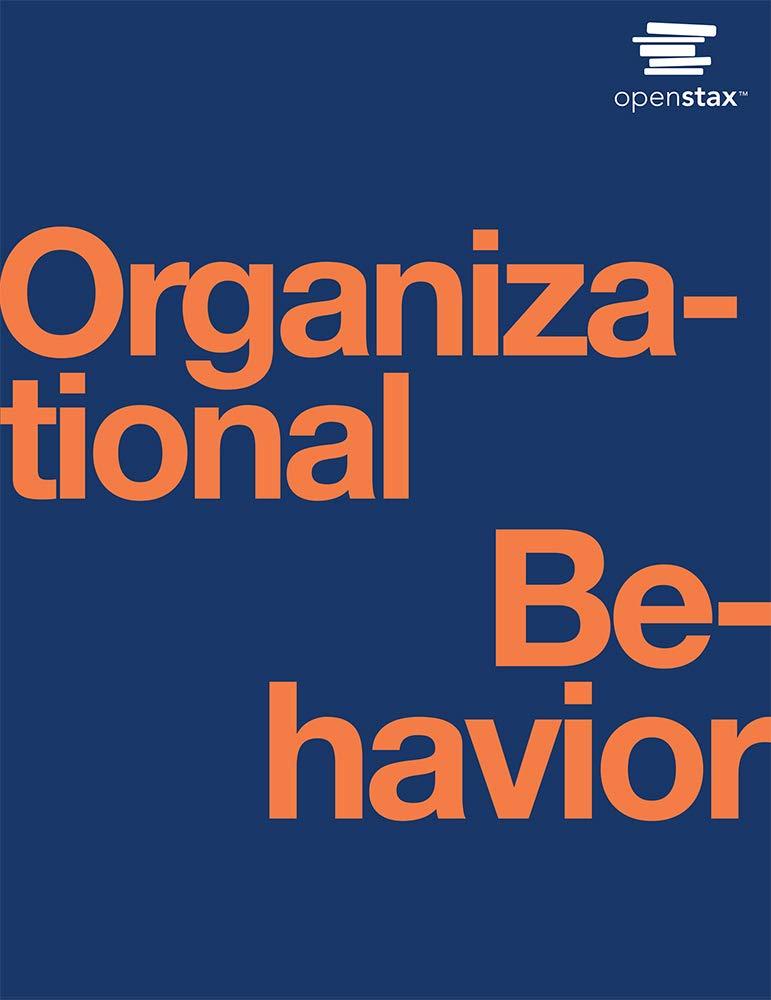General Motors has learned by experience that it pays not to have managers learn only by experience
Question:
General Motors has learned by experience that it pays not to have managers learn only by experience how to function effectively while working in foreign countries. Managing expatriate assignments in difficult locations was brought to life by the experiences of Richard Pennington, General Motors’ head of global mobility for the EMEA (Europe, Middle East, and Africa) region. He knows from experience some of the things that tend to go well, as well as some of those that don’t, and has learned lessons from moving employees to places like Uzbekistan. This became important when the company took on a new engine manufacturing operation in the capital, Tashkent, as well as an existing manufacturing plant in Andijan.
The objectives were the same as for most global mobility projects: to get the right people to the right place at the right time for the right cost. The general approach was Action—Plan—Do—Check. Pennington urged potential relocation candidates not to be over reliant on the Internet and, if possible, to go and see for themselves. “Nothing beats going to a location—particularly a harsh location—yourself,” he says. Pennington also emphasizes the importance of selecting suppliers on the ground carefully, even if you already have a network of existing suppliers. Strong relationships in the host location are of paramount importance. In difficult locations, it is particularly important that the local HR, finance, and legal staff work with you proactively, as making payments at the right time can be critical. Equally, cultural training and language providers are essential.
These training programs involve a wide variety of teaching methods. Factual information may be conveyed through lectures or printed material. More subtle information is learned through role plays, case studies, and simulations.
The research on cross-cultural training suggests that the more involved participants are in the training, the more they learn, and that the more they practice or simulate new behaviors that they need to master in the foreign environment, the more effective they will be in actual situations.
The results for GM have been impressive. Most companies that do not provide cross-cultural training for their employees sent on international assignments experience failure rates of about 25 percent, and each failure or early return costs the company on average $150,000. GM has a failure rate of less than 1 percent. Also, in GM’s case, the training has been extended to the manager’s family and has helped reluctant spouses and children more readily accept, if not embrace, the foreign assignment.
1. How can learning theory be used to change behaviors?
2. Define classical conditioning, and differentiate it from operant conditioning.
3. What is social learning theory?
Step by Step Answer:






